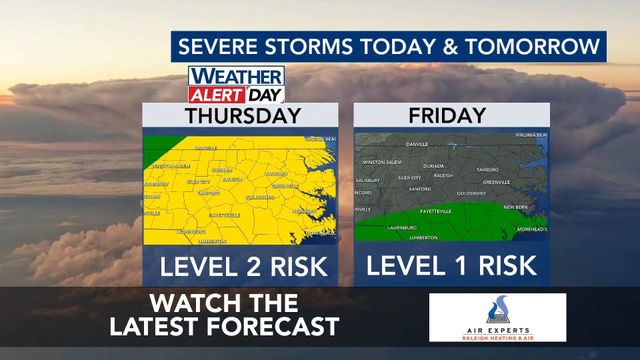UNC governors grapple with open meetings rules

After a 90-minute briefing on North Carolina's open meetings laws Thursday, the acting chairman of the University of North Carolina Board of Governors says his group should have taken a controversial vote on chancellors' salaries in open session last month rather than behind closed doors.
The board called in experts from the university's School of Government to help pick through the complexities of open meetings laws following a year of tumult in which closed-door discussions about appointing a new president, salary changes and other policies have figured prominently.
During and appearance before a legislative committee in November, Acting Chairman Louis Bissette pledged the board would seek advice on what it could and could not keep confidential. That advice came Thursday in the form of a presentation from Frayda Bluestein and Robert Joyce, both faculty members with the UNC School of Government.
Although the discussion was wide-ranging, it dialed in on a few specific points, including when the university system had to make salary information public and when members of the board may take votes about salary in public.
"The law requires a presumption of openness," Joyce said, telling the board that, in general, the board must conduct its business in ways that allow the public to watch it work.
There are exceptions in the law, he said, including the ability to discuss employee job performance and other information behind closed doors, and certain information discussed about workers must never be revealed due to state personnel laws.
But in the case of a vote in which an employee, or group of employees, is granted a raise, the question gets somewhat murky, Joyce and Bluestein said. In the case of city councils or boards of county commissioners making decisions about top-level employee salaries, those actions are virtually always taken in public.
The Board of Governors, Joyce said, may find itself in a situation where it is merely giving an employee, such as a chancellor or system president, the ability to raise someone's salary within a certain range. That information might properly be kept confidential until the raise takes effect. But the closer the board or one of its committees is to being the final arbiter of a salary decision, the more likely it is that the law requires that action to be taken in public.
"If the governing body that's taking the vote on salary increases is the body with the authority to set the salary, then that vote should be in open session," Joyce said. "That is an open-session vote that is going to set the salary that's public information."
This discussion directly applied to a November meeting in which the board raised the salaries of 12 UNC system chancellors but took that vote in closed session and did not immediately release the results of the vote.
Asked if he thought that the Nov. 2 vote on chancellors was a "final decision" that would require immediate disclosure, Bissette said after Thursday's presentation, "It would appear to me in that case, it probably was." He added that, "Where we can, we want to err on the side of openness" and said the board would be establishing new procedures for handling similar situations in the future.
Thom Goolsby, a former state senator and now member of the Board of Governors, asked about other situations in which the board set or signed off on salary changes for professors or other administrators. The board's personnel and tenure committee regularly takes such votes in closed sessions during its monthly meetings, and Goolsby asked whether those decisions shouldn't be made in the open.
"What's the matter with voting on a salary increase in the open?" Goolsby said.
Joyce said that, if the board was effectively setting the salary, then the vote should be open. The legal quibble, he said, would come in if the board was merely authorizing the increase but was not the final decision maker.
Bluestein added that the law was not clear on the point and that, failing a lawsuit settled by the state Supreme Court or a clarification by lawmakers, it would likely remain debatable.
Board members also used the 90-minute session to discuss how federal student privacy laws impacted their open meetings responsibilities and how much authority lawmakers had to demand information that other laws required be kept confidential.








